Keynotes & Lectures
(in alphabetical order)
Keynotes
| Michael Nehls: How to Revitalize Your Mental Battery. The neurobiological fountain of our mental energy, creativity, individuality, and motivation ─ and how to make better use of it. |
| Medical and Biotechnological Entrepreneur & Author, Germany |
|
Michael Nehls, MD PhD, is a physician and habilitated molecular geneticist. As a scientist, he deciphered the genetic causes of various hereditary diseases at German and international research institutions. Some of his discoveries have been published with Nobel Prize winners, and another was honored by the prestigious U.S. Association of Immunology as a "Pillar of Immunological Research." Dr. Nehls has also gained experience in industry. For example, he was VP of genetic Research at an US company for 3 years and then CEO and CSO of a Munich-based biotechnology company for 8 years. In the meantime, he has made it his task as a scientific author to shed light on the causes of civilization diseases and gives lectures at congresses and universities as a private lecturer. |
| Chia-Jung Tsay: A Premium on Perceived “Naturalness”: Implications for Motivation and Ideals of Fairness and Meritocracy |
| University College London and University of Oxford, UK |
|
Chia-Jung Tsay is an Associate Professor at University College London and an Associate Fellow at University of Oxford. Her work examines the psychological processes that influence decision making and interpersonal perception about performance. Featured in media outlets including the BBC, DW, Economist, Financial Times, Forbes, Harvard Business Review, Nature, NPR, ORF, PBS, SRF, TIME, and the Wall Street Journal, Chia received a PhD in Organizational Behavior and Psychology with a secondary PhD Field in Music from Harvard University, and previously taught at Peabody, Oxford, Tsinghua, and Wharton. She has presented at a range of organizations, including the National Endowment for the Arts, the OECD, the Royal Institution, the Smithsonian, and the United States Military Academy. In other professional experience, as a classical pianist, Chia has performed at venues including Carnegie Hall, Lincoln Center, and the U.S. Embassy and holds degrees from the Juilliard School and the Peabody Institute. |
Lectures
| Matthias Bertsch: Combating Performance Anxiety in Virtual Reality While Having Fun on Top Concert Stages |
| University of Music and Performing Arts Vienna, Austria |
|
Matthias Bertsch is dedicated to interdisciplinary Performance Science (Acoustics - Physiology - Psychology). As systematic musicologist he teaches and researches at the University of Music and Performing Arts Vienna (mdw) using a large variety of psychophysiological and acoustic tools in the „Motion-Emotion-Lab” to support musicians. In his current research project, he combines new 360/3D Virtual Reality visualization techniques, augmented audio with measurements of stress levels, and muscle activities (EMG, GSR). Since 2009 he is also President of the Austrian Society for Music Performance Medicine and Music Physiology (ÖGfMM). |
| Robert A. Duke: Propelled by Joy: How accomplishment of proximal goals during music practice contributes to personal agency, efficacy, and well-being |
| The University of Texas at Austin, USA |
|
Bob Duke is the Marlene and Morton Meyerson Centennial Professor and Head of Music and Human Learning at The University of Texas at Austin, where he is a University of Texas and University of Texas System Distinguished Teaching Professor, Elizabeth Shatto Massey Distinguished Fellow in Teacher Education, and Director of the Center for Music Learning. He is also a clinical professor in the Dell Medical School at The University of Texas and was the founding director of the psychology of learning program at the Colburn Conservatory of Music in Los Angeles. |
| Horst Hildebrandt: Solution-Oriented Tools: Motivating Resources for Stage Performance |
| Zurich University of the Arts and Basel Music University, Switzerland |
|
Horst Hildebrandt (Prof. Dr. med., MA Violin) studied violin in Freiburg and London as well as medicine in Freiburg. He continued his education in the fields of sensorimotor and psychomotor therapy, Dispokinesis, mental training, hypnotherapy and pain therapy. His professional activity as violinist includes his work in opera and radio broadcast orchestras, as first violinist of the Hilaros-Quartet and the Ensemble Aisthesis, and, starting in 1988, as a member of the Ensemble Aventure Freiburg. In addition, he has been teaching for over 30 years at music schools as well as lecturing at music universities and for orchestras. Hildebrandt is Chair of the MAS program in Music Physiology and the Music Physiology and Musicians’ Medicine Sections at the Zurich and Basel Music Universities. The main focus of his teaching and research are the fields of psycho-physiology, prevention and health promotion. |
| Andreas Kissenbeck: Mapping Motivation - Charting a Wide Expanse of Access Points |
| University of Music and Theatre Munich, Germany |
|
Born in 1969 in Bonn (Germany), Kissenbeck studied mathematics, sports, and education science at the universities in Berlin und Regensburg. Then scholarship and studies in jazz piano at the University of Music Würzburg. Later PhD in musicology at the University of Würzburg. Pianist/Hammond organist, composer and arranger. 2002 Jazz Price of the Süddeutsche Zeitung. In 2006 he received the Next Generation Award of Germany’s jazz magazine, Jazz Thing. 2018 nominated for the BMW world jazz award. Played internationally with renowned artists such as Malcolm Duncan, John Marshall, Benny Bailey, Bobby Shew, Jiggs Whigham, Till Brönner, Tony Lakatos, Peter Weniger, among many others. |
| Veronika Lubert1 and Sanna Nordin-Bates2: Between Discipline and Creativity: Reflections on Performing Artists’ Motivation from the Perspective of Self-Determination Theory |
| 1University of Vienna, Austria and 2Swedish School of Sport and Health Sciences Stockholm, |
|
Veronika Lubert is a doctoral researcher in psychology and a university lecturer for motivation and self-regulation at the University of Vienna. Supported by a Marietta Blau grant, she currently works as a visiting researcher at the Swedish School of Sports and Health Sciences and at the Royal Northern College of Music. In her research, she aims to transfer knowledge from sport psychology to the performing arts by investigating interventions to enhance performance under pressure in music, dance, and acting. Holding degrees in both psychology and violin performance, she is also a performance coach and active violinist.
|
| Bridget Rennie-Salonen: “It’s bigger than just this music thing.” Change Through Somatic Learning in Musicians’ Health Education |
| Stellenbosh University, South Africa |
|
Dr Bridget Rennie-Salonen is an award-winning flautist and academic as well as a sought-after performer, pedagogue, and musicians’ health practitioner. Her research and leadership in Performing Arts Health is ground-breaking for South Africa. Focusing on integrating optimal artistic performance with well-being and health promotion, her research includes musicians’ health education and health literacy, somatics, sensorimotor retraining, and performance psychology. Based at Stellenbosch University, Bridget holds certificates in Performing Arts Medicine and Functional Movement Anatomy. She is researcher on the international Musicians’ Health Literacy Consortium and commissioner on the International Society for Music Education. She chairs the South Africa Performing Arts Health Association NPO. |
| Kurt Sokolowski: Will I or Will I Not? – Motivation at the Crossroads |
| University of Siegen, Germany |
|
Prof. Dr. Kurt Sokolowski. 1972 to 1977 Studies of Psychology in Bochum – 1976 Training in Behavior Therapy at the "Psychological Medicine Department" of King's College Hospital, University of London – 1977 Diploma in Psychology, University of Bochum - 1986 Dr. phil., University of Wuppertal – 1991 Habilitation in Psychology - 1992 Senior Assistant, University of Wuppertal – 1996 University Lecturer at the University of Wuppertal - Between 1992 and 2000 various professorships at the University of Osnabrueck, Ludwig-Maximilians-University Munich, and Technical University Dortmund - 2000 to 2018 Professor for General and Differential Psychology at the University of Siegen. |
| Anna-Maria Wagner1 and Jonas Zopf2: Childhood Dream Olympics: Reaching a Long-Term Goal Despite Obstacles Such as Corona |
| 1Judoka, Germany 2Sports Scientist, Germany |
|
How does one stick to one’s life-long goals despite competition cancellations, lockdowns, and other setbacks? This interview will explore motivation to keep training, focus on interim steps, keep one’s self fit and in competition mode, and build the partnerships necessary to keep going in incredibly difficult times.
|


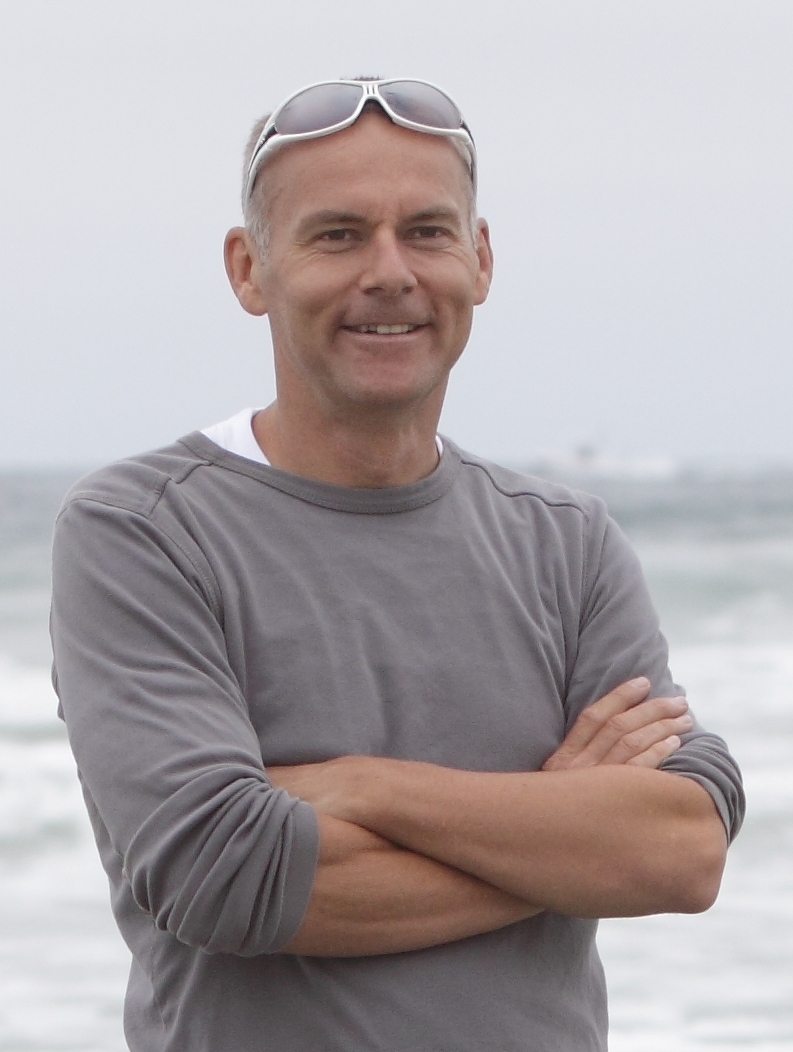 Scientific knowledge provides pathways that allow us to recharge our brains after mental exhaustion. Learn about the source and current of our mental energy and how it’s depleted and replenished. Discover strategies that will maintain its lifelong flow and avoid the dangers of an “indoctrinated brain.”
Scientific knowledge provides pathways that allow us to recharge our brains after mental exhaustion. Learn about the source and current of our mental energy and how it’s depleted and replenished. Discover strategies that will maintain its lifelong flow and avoid the dangers of an “indoctrinated brain.”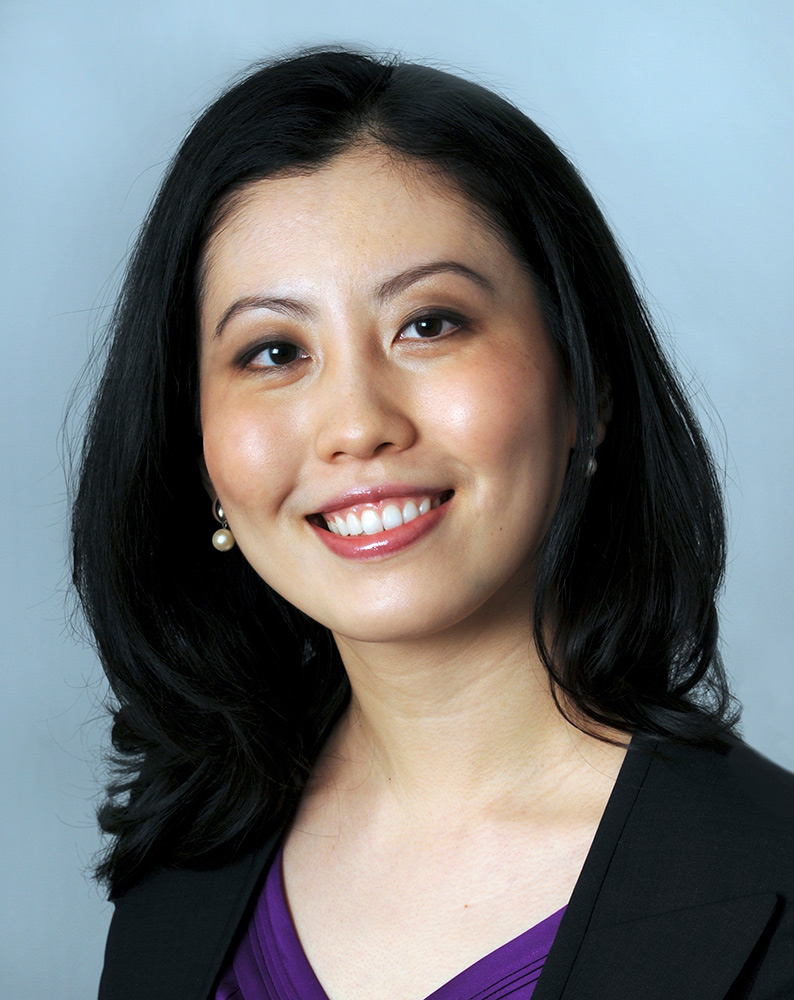 Across domains, organizations and institutions invest heavily in the judgment of performance. After all, we consider fair systems, processes, and access to equitable opportunities to be celebrated aspects of modern society. Yet beliefs about the origins of individual performance outcomes can shape important decisions in all spheres of accomplishment and any context that involves social evaluations. Challenging our broad, explicit admiration of hard work, my research shows that people are subject to a hidden "naturalness bias," a phenomenon which I define as the premium people place on apparent natural ability and talent, as opposed to the same achievements obtained through striving and deliberate motivation. The initial findings were extended through additional sets of studies elaborating on the generalizability and persistence of these effects, such as in entrepreneurship, leadership, negotiations, networking, and employee development. Works in progress discuss the implications for gender, race, ethics and healthcare, and learning outcomes.
Across domains, organizations and institutions invest heavily in the judgment of performance. After all, we consider fair systems, processes, and access to equitable opportunities to be celebrated aspects of modern society. Yet beliefs about the origins of individual performance outcomes can shape important decisions in all spheres of accomplishment and any context that involves social evaluations. Challenging our broad, explicit admiration of hard work, my research shows that people are subject to a hidden "naturalness bias," a phenomenon which I define as the premium people place on apparent natural ability and talent, as opposed to the same achievements obtained through striving and deliberate motivation. The initial findings were extended through additional sets of studies elaborating on the generalizability and persistence of these effects, such as in entrepreneurship, leadership, negotiations, networking, and employee development. Works in progress discuss the implications for gender, race, ethics and healthcare, and learning outcomes.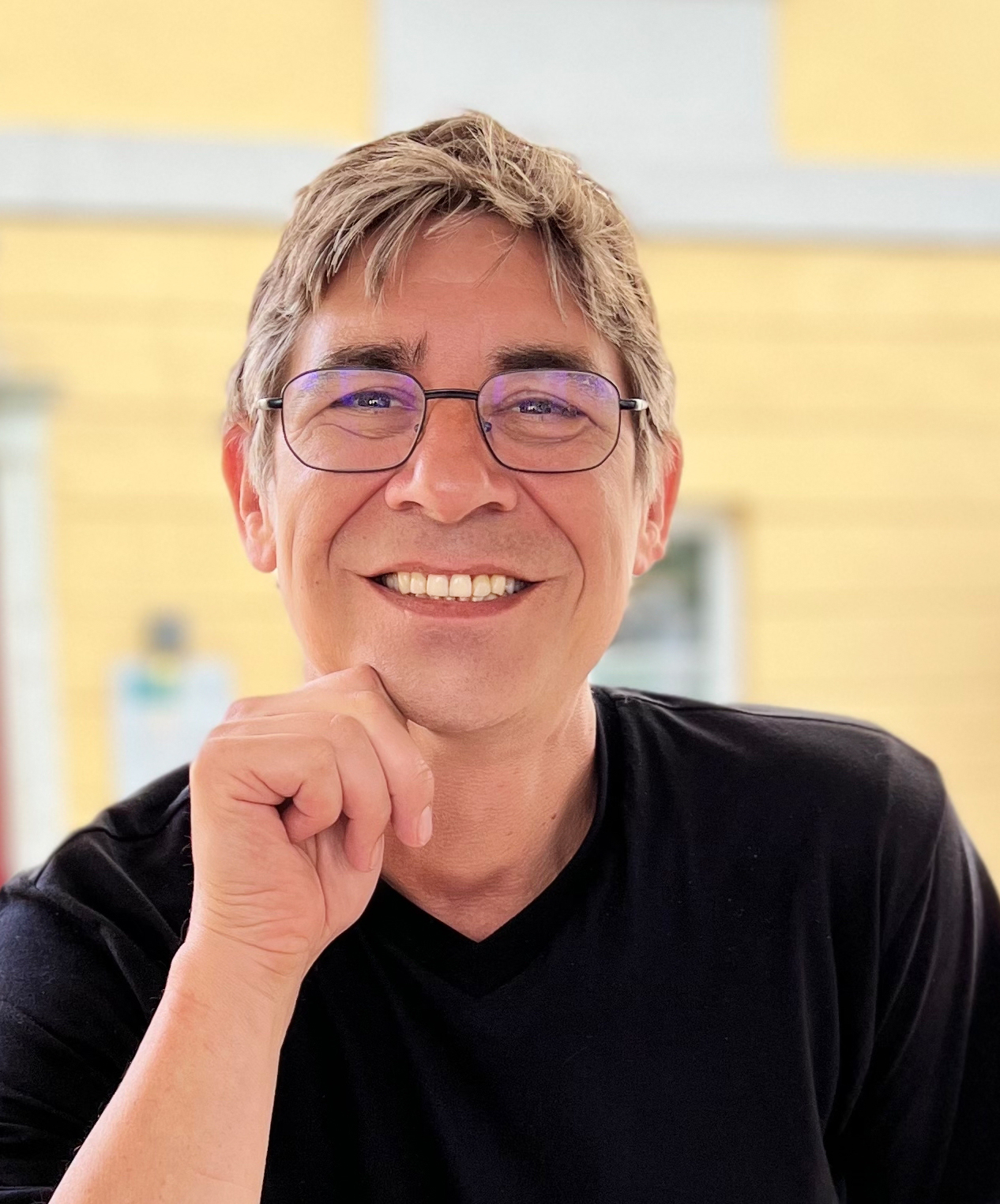 Some situations are extremely scary for musicians and artists: entrance examinations, job auditions, live recordings, or performances on famous stages with large audiences. While many mental training techniques already offer valuable assistance, new approaches using virtual and augmented reality for stage fright training can easily boost and support imagination processes.
Some situations are extremely scary for musicians and artists: entrance examinations, job auditions, live recordings, or performances on famous stages with large audiences. While many mental training techniques already offer valuable assistance, new approaches using virtual and augmented reality for stage fright training can easily boost and support imagination processes.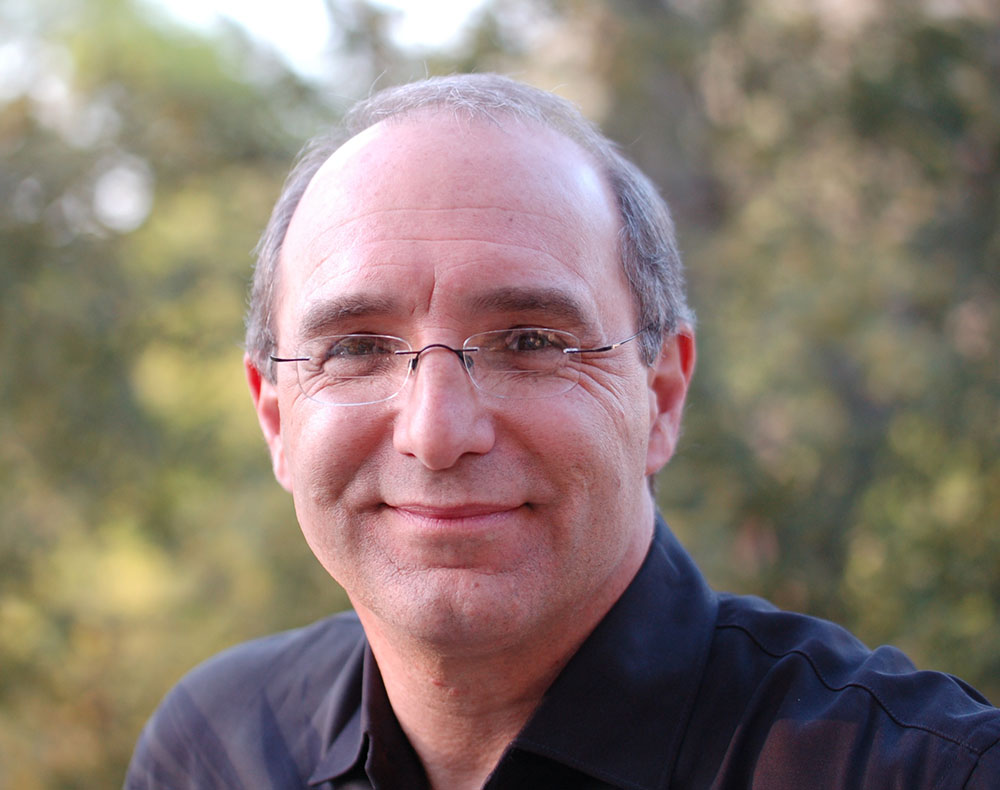 Music practice, intelligently planned, affords learners opportunities to create experiences that present surmountable challenges, expend cognitive and physical effort, and reach rewarding goals, the accomplishment of which contribute to feelings of competence and personal satisfaction.
Music practice, intelligently planned, affords learners opportunities to create experiences that present surmountable challenges, expend cognitive and physical effort, and reach rewarding goals, the accomplishment of which contribute to feelings of competence and personal satisfaction.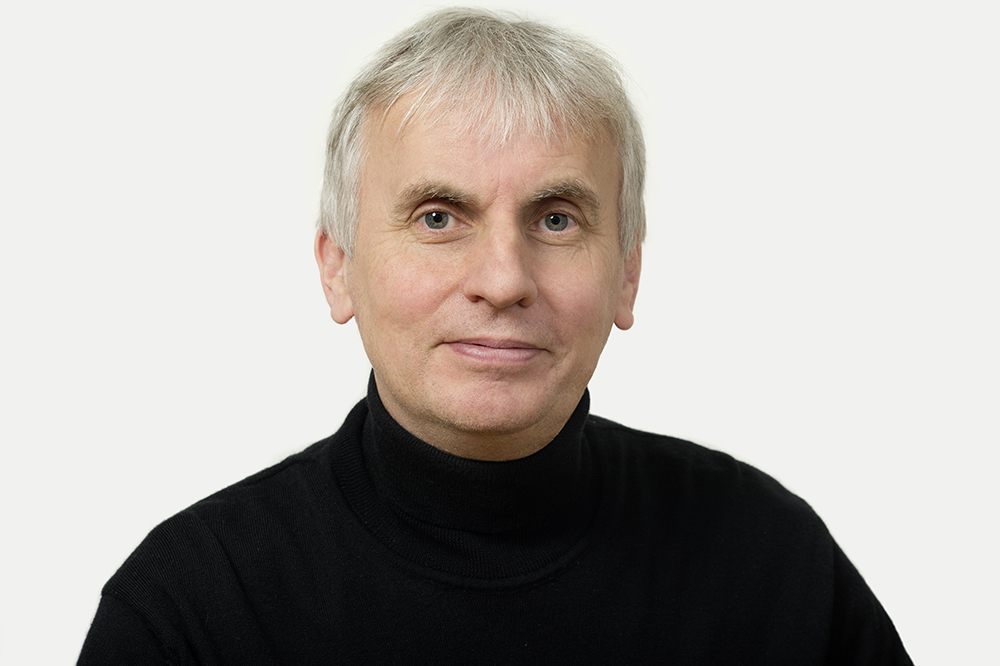 The development and application of solution-oriented psycho-physical tools in practicing can be considered crucial for mastering musical and technical challenges. Furthermore, focusing attention on solutions instead of possible or feared problems is motivating. On stage, mental extracts of the solutions found or summarizing subtexts are necessary during a musical sequence performed at the original tempo. These should also be adapted to the room acoustics and be retrievable at a mental tempo appropriate to the phrasing.
The development and application of solution-oriented psycho-physical tools in practicing can be considered crucial for mastering musical and technical challenges. Furthermore, focusing attention on solutions instead of possible or feared problems is motivating. On stage, mental extracts of the solutions found or summarizing subtexts are necessary during a musical sequence performed at the original tempo. These should also be adapted to the room acoustics and be retrievable at a mental tempo appropriate to the phrasing.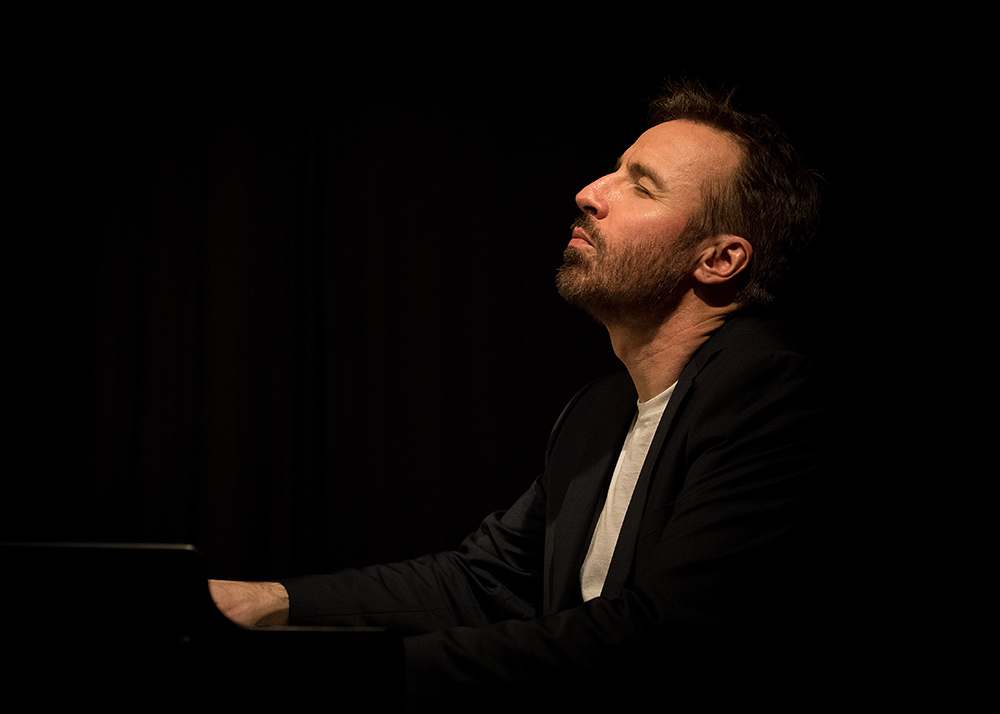 People often try to motivate themselves by sort of deciding to be motivated. But there are many more effective ways, long-term changes in motivation can be brought about.
People often try to motivate themselves by sort of deciding to be motivated. But there are many more effective ways, long-term changes in motivation can be brought about.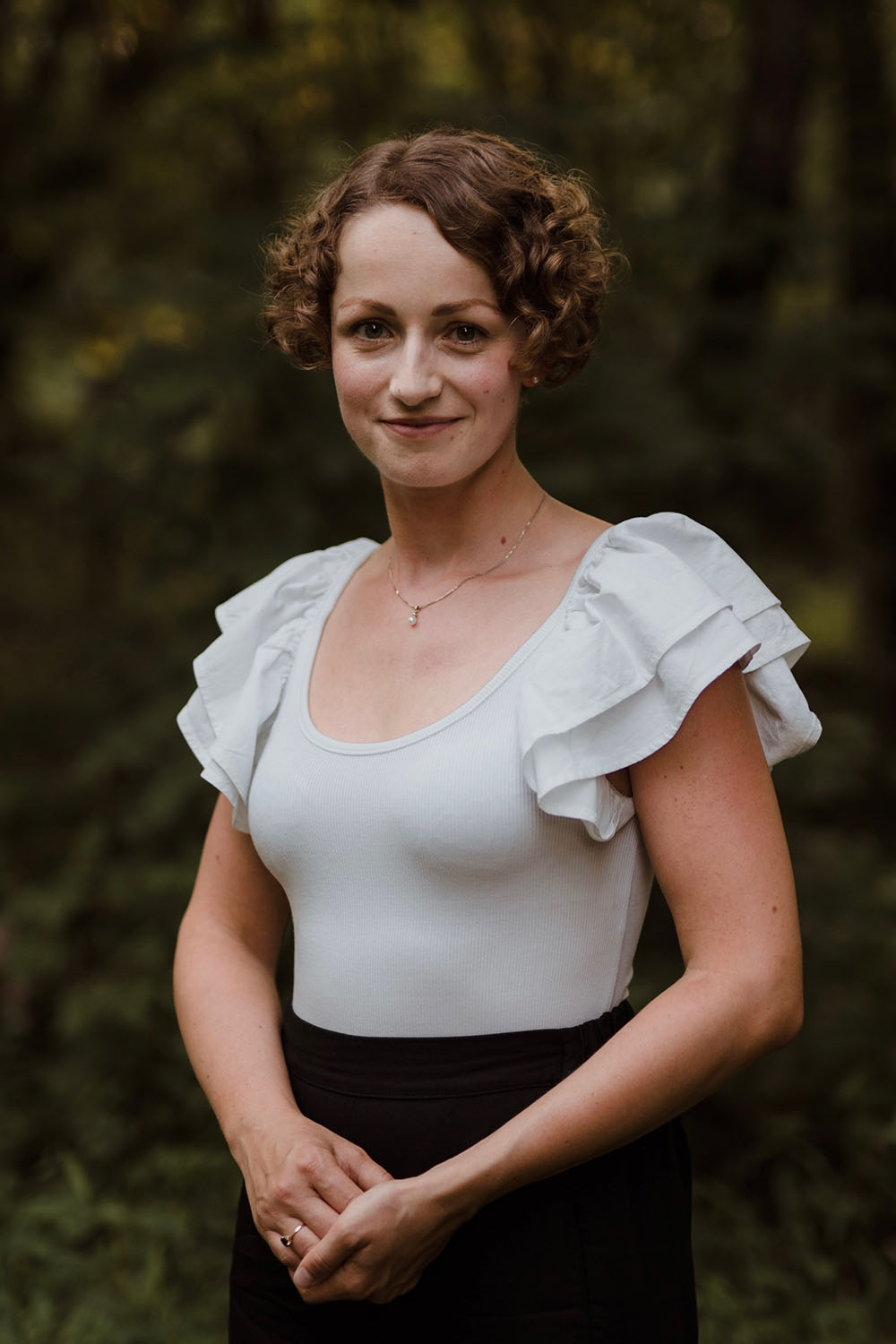 Which nuances of motivation do performing artists perceive on the colourful spectrum of self-determination? Both discipline and creativity are being valued as powerful driving forces in the performing arts, but to what extent are they compatible? In this presentation, we will use self-determination theory as a foundation for exploring what inspires and drives performing artists to practice, perform, and commit over time.
Which nuances of motivation do performing artists perceive on the colourful spectrum of self-determination? Both discipline and creativity are being valued as powerful driving forces in the performing arts, but to what extent are they compatible? In this presentation, we will use self-determination theory as a foundation for exploring what inspires and drives performing artists to practice, perform, and commit over time.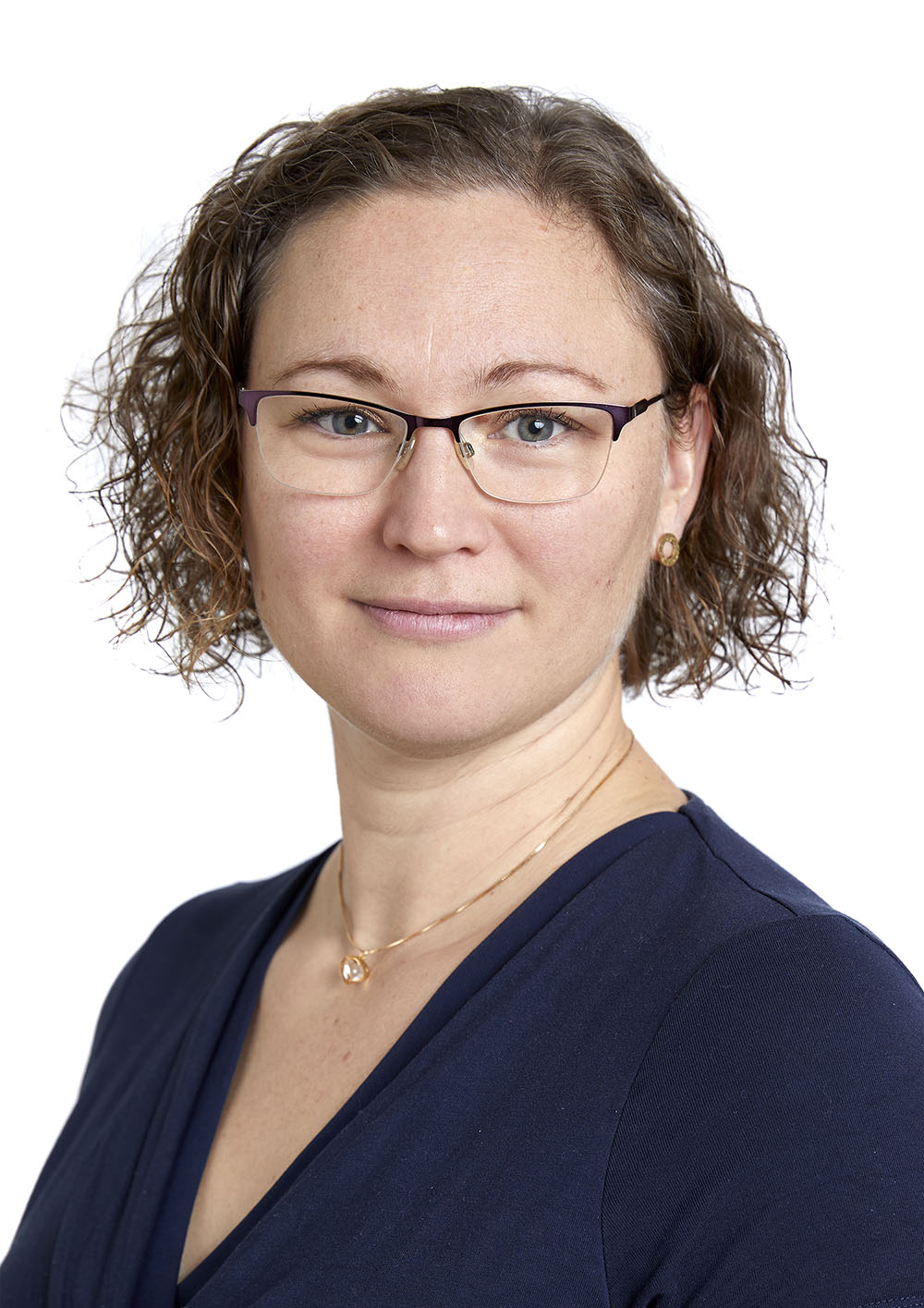 Sanna Nordin-Bates is an associate professor at the Swedish School of Sport and Health Sciences in Stockholm and has researched and taught dance and sport psychology for 20 years. Sanna earned her PhD from the University of Birmingham, England, and is a chartered psychologist with the British Psychological Society. She also has further education in cognitive behavioral therapy for elite sport and is a certified mindfulness instructor.
Sanna Nordin-Bates is an associate professor at the Swedish School of Sport and Health Sciences in Stockholm and has researched and taught dance and sport psychology for 20 years. Sanna earned her PhD from the University of Birmingham, England, and is a chartered psychologist with the British Psychological Society. She also has further education in cognitive behavioral therapy for elite sport and is a certified mindfulness instructor.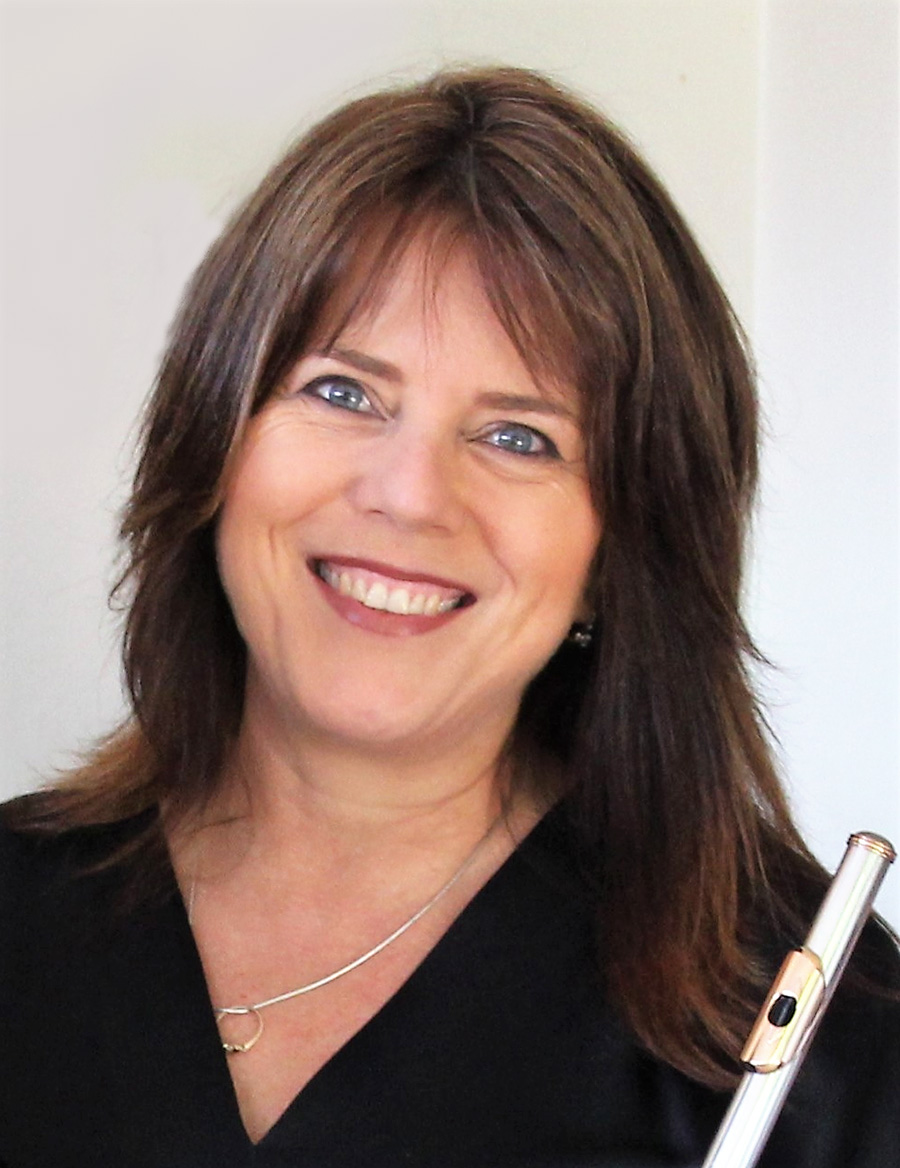 Themes surrounding student musicians’ increased motivation for change and learning after their participation in a comprehensive musicians’ health course will be presented, followed by a discussion of the implications for musicians’ health education content and implementation. A key factor, for example, was the students’ new understanding of the interdependence of psychological, physical, and artistic aspects for their improved well-being and occupational health literacy.
Themes surrounding student musicians’ increased motivation for change and learning after their participation in a comprehensive musicians’ health course will be presented, followed by a discussion of the implications for musicians’ health education content and implementation. A key factor, for example, was the students’ new understanding of the interdependence of psychological, physical, and artistic aspects for their improved well-being and occupational health literacy.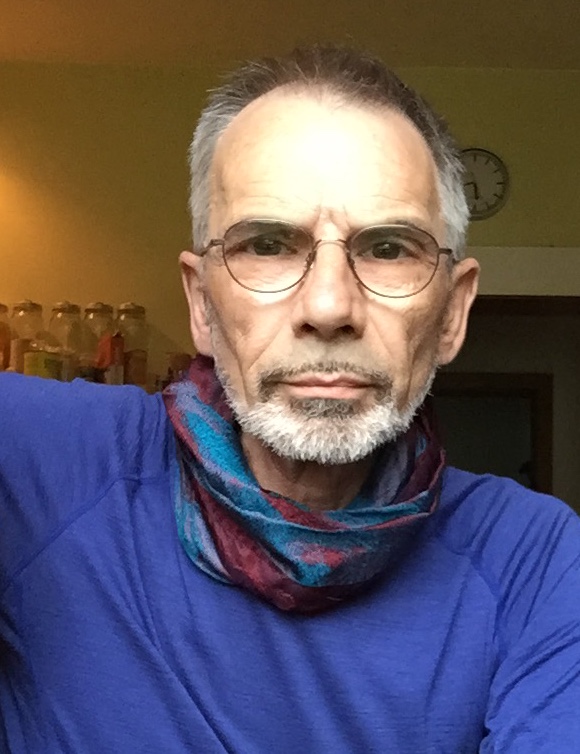 Sometimes it is easy to start regular exercises and sometimes we feel an inner resistance to do the same. What are the reasons for these different motivational states and how can we overcome the latter one?
Sometimes it is easy to start regular exercises and sometimes we feel an inner resistance to do the same. What are the reasons for these different motivational states and how can we overcome the latter one?-Lorraine-Hoffmann.jpg) Anna-Maria Wagner has been practicing judo since the age of seven and began her athletic career at the Karate and Judo Club (KJC) Ravensburg, Germany. She still competes for her home club today and is a judoka in the weight class up to 78 kilograms (light heavyweight). At the age of 16, she moved to a boarding school in Stuttgart in order to be able to devote herself intensively to competitive sports. After completing her school education, she began a career as a professional athlete and sports soldier with the German Armed Forces in Cologne, where she currently lives and trains. Parallel to her professional sports career with the German Armed Forces, she is studying hotel and tourism management.
Anna-Maria Wagner has been practicing judo since the age of seven and began her athletic career at the Karate and Judo Club (KJC) Ravensburg, Germany. She still competes for her home club today and is a judoka in the weight class up to 78 kilograms (light heavyweight). At the age of 16, she moved to a boarding school in Stuttgart in order to be able to devote herself intensively to competitive sports. After completing her school education, she began a career as a professional athlete and sports soldier with the German Armed Forces in Cologne, where she currently lives and trains. Parallel to her professional sports career with the German Armed Forces, she is studying hotel and tourism management.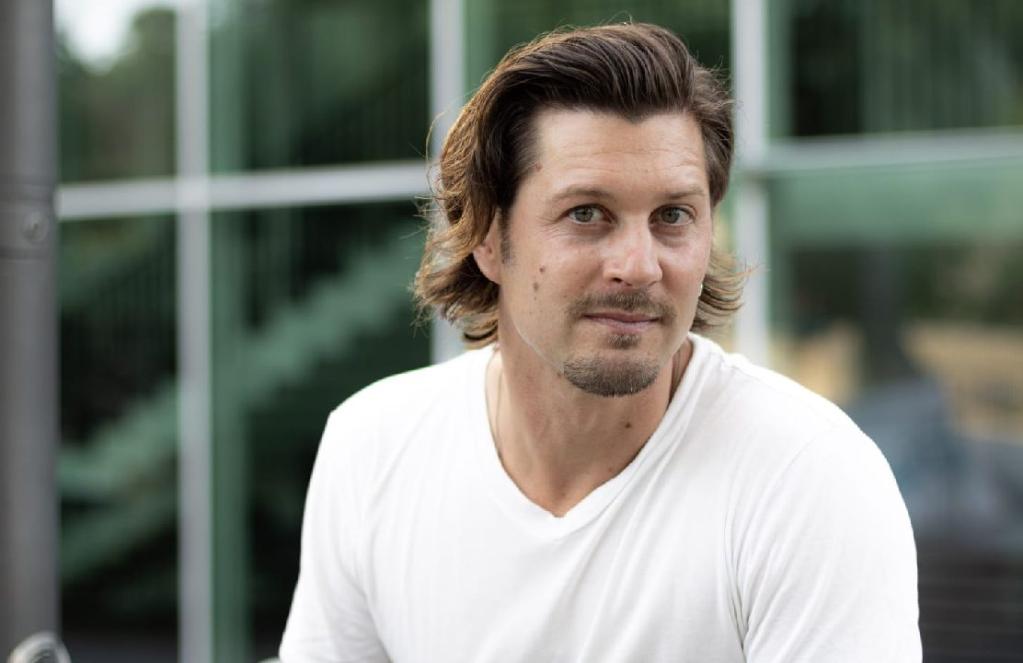 Jonas Zopf is a qualified sports scientist focusing on prevention and rehabilitation (TU München). He preserved his enthusiasm for music beyond his A-Levels at a musical grammar school. Accompanying his studies, he successfully finished his additional training as a certified sports psychologist. He has been an expert in sports psychology and a member of the Bundesinstitut für Sportwissenschaft ever since. He devotes himself most intensively to mental techniques of training and recreation like mindfulness meditation. He has been working as a self-employed sports psychologist and trainer for mindfulness meditation since 2010 and also works closely with top athletes and esteemed musicians. In addition to that he is working as a qualified body-mind therapist in the fields of psychiatry and psychosomatic since 2013.
Jonas Zopf is a qualified sports scientist focusing on prevention and rehabilitation (TU München). He preserved his enthusiasm for music beyond his A-Levels at a musical grammar school. Accompanying his studies, he successfully finished his additional training as a certified sports psychologist. He has been an expert in sports psychology and a member of the Bundesinstitut für Sportwissenschaft ever since. He devotes himself most intensively to mental techniques of training and recreation like mindfulness meditation. He has been working as a self-employed sports psychologist and trainer for mindfulness meditation since 2010 and also works closely with top athletes and esteemed musicians. In addition to that he is working as a qualified body-mind therapist in the fields of psychiatry and psychosomatic since 2013. The early bird catches the worm!
No matter if you are already registered or missed the deadline for the reduced symposium fee, it’s still possible to be an EARLY BIRD. ...
The early bird catches the worm!
No matter if you are already registered or missed the deadline for the reduced symposium fee, it’s still possible to be an EARLY BIRD. ...



